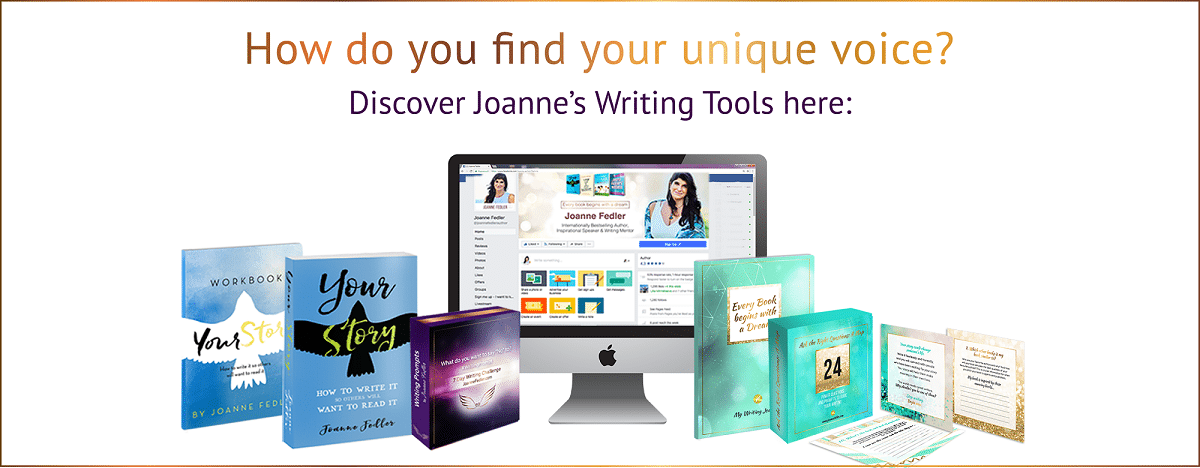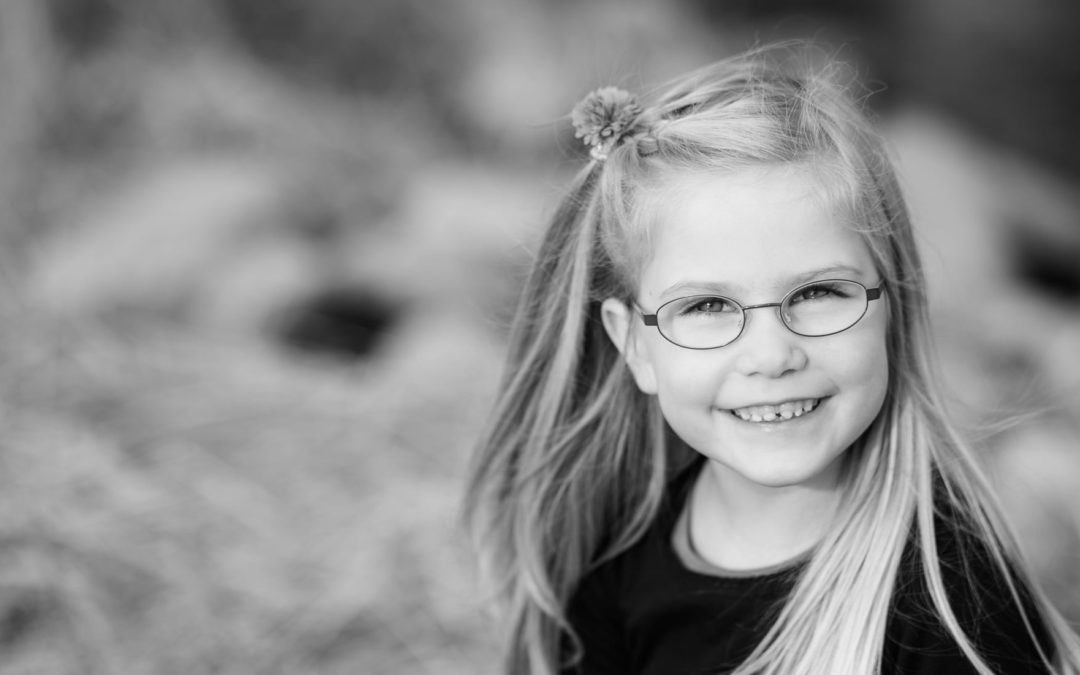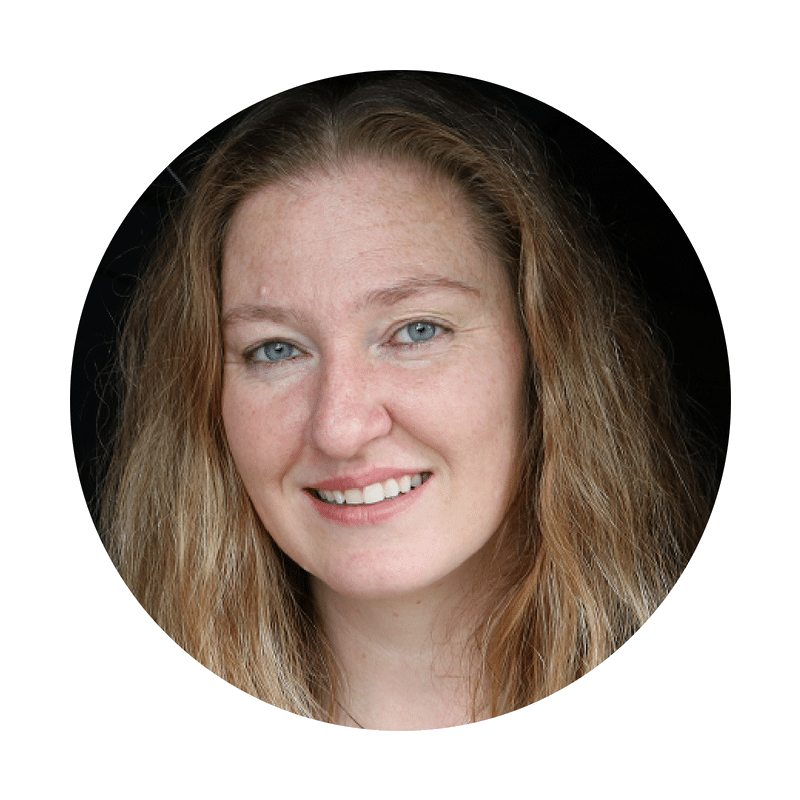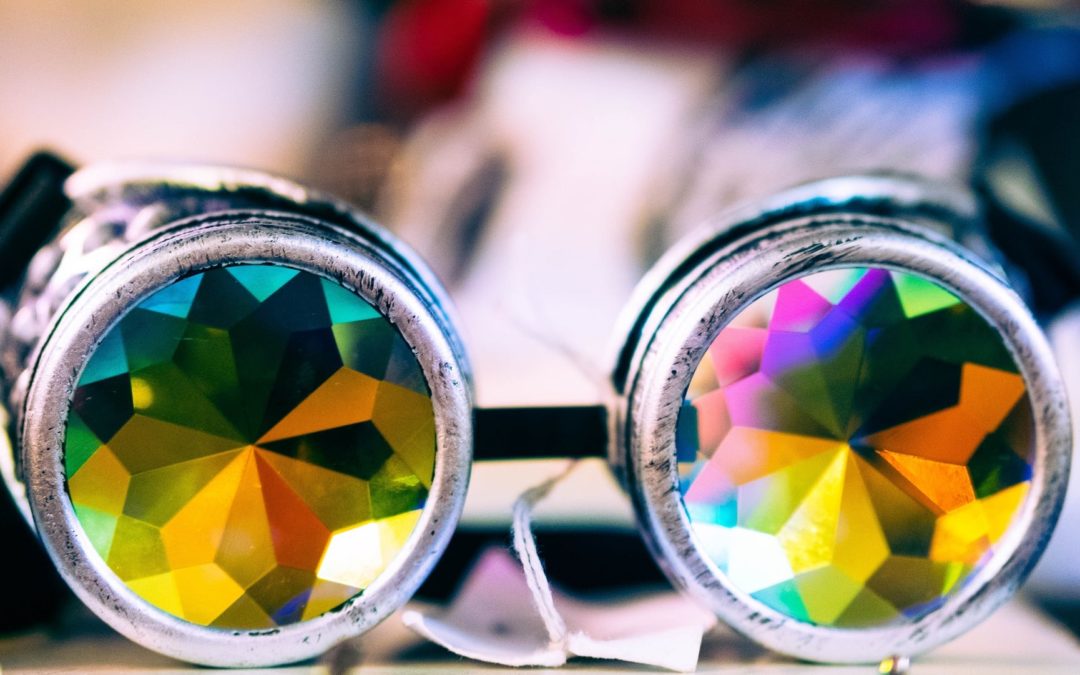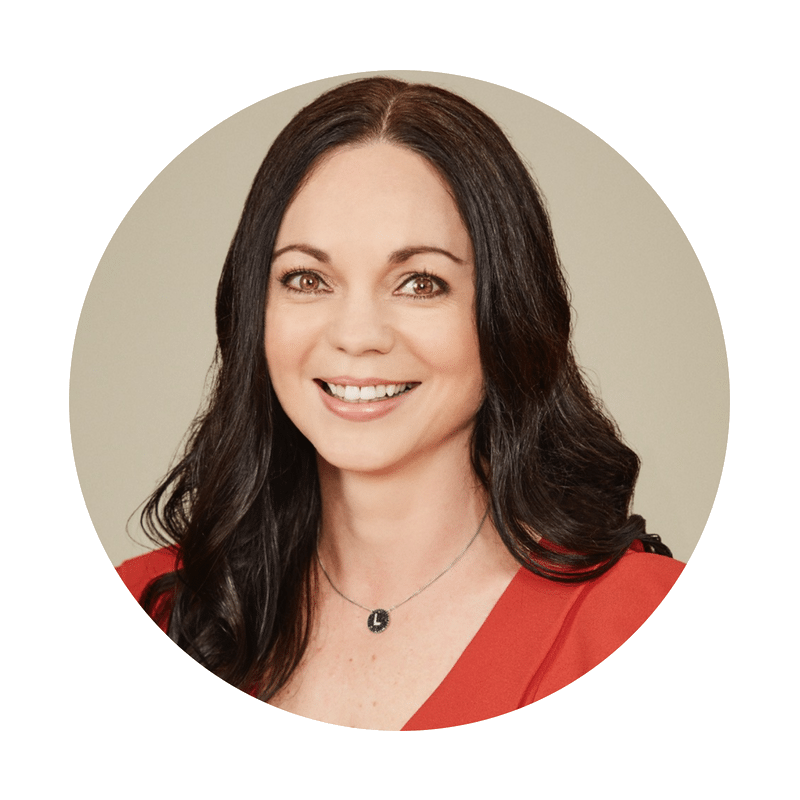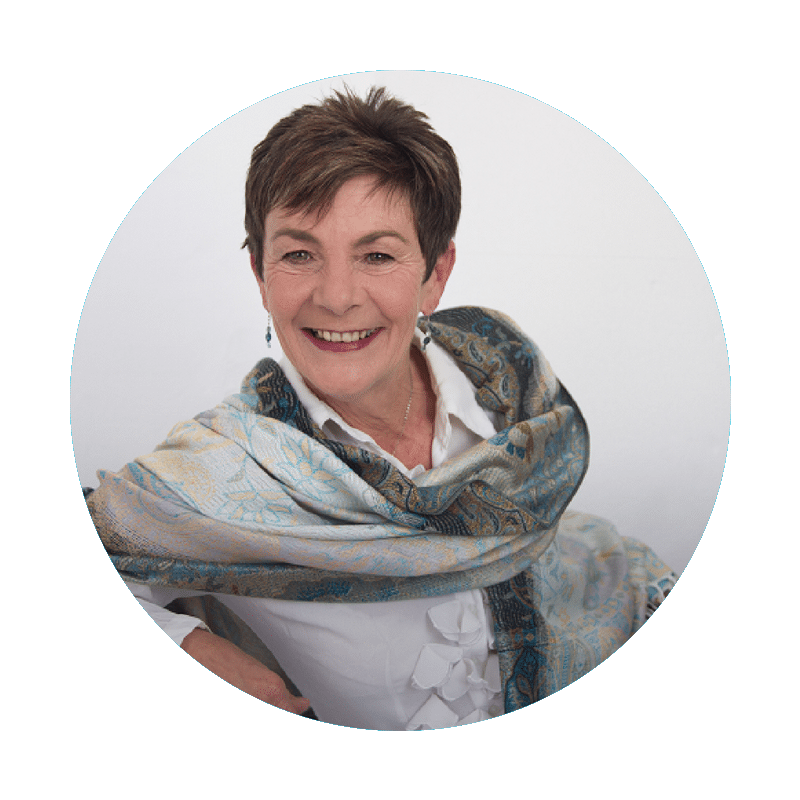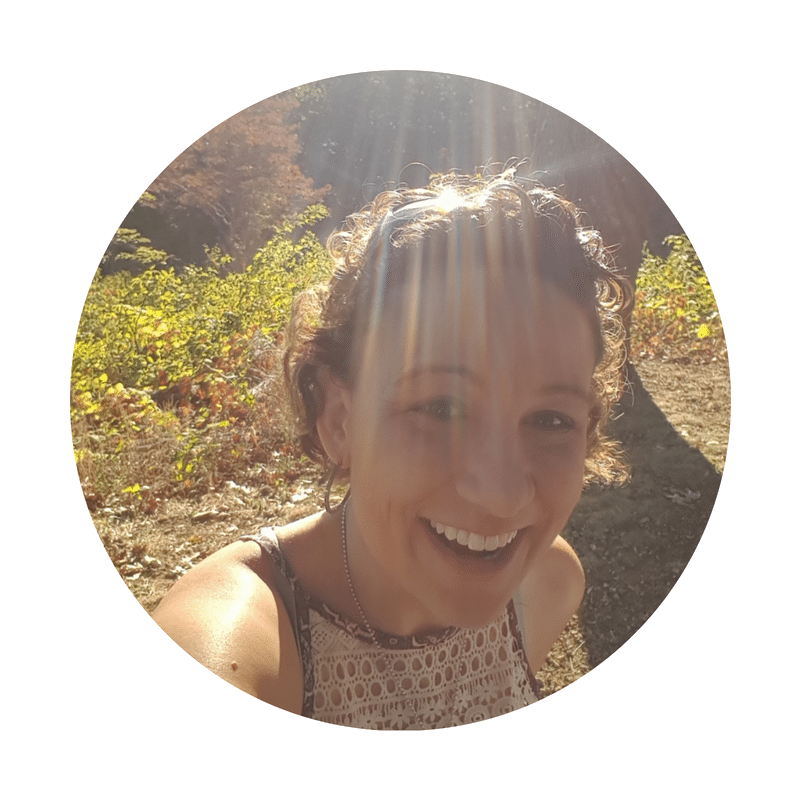
What Your Reader Doesn’t Want to See
What Your Reader Doesn’t Want to See
I’m a novice writer. But I’m an experienced reader, as most writers (novice or not) tend to be. As I sink my teeth into yet another book, I find myself frustrated with the writing, but intrigued by the content. The author had a clear vision of what the story meant to her, but a somewhat murky view of how a reader might perceive her penned words. I’m starting to believe a well written book with nothing to say is far more gripping than an interesting story told in a self-important or confusing manner.
I have enough grey hair and laughter lines to remember the classic ‘80s comedy, Three Men & a Baby, with Tom Selleck cradling baby Mary while reading a bedtime story.
“The champ caught Smith with a savage left hook… that sent the challenger crashing into the ropes. Smith, his left eye swollen, and the cut above his right eye now much more bloody, countered with a barrage of vicious body blows.”
“What are you reading her?”
“It doesn’t matter what I read, it’s the tone you use. She doesn’t understand the words, anyway. Now, where were we? The champ began the fourth round like a man possessed, going straight for his opponent’s body.”
If four-month-old baby Mary can be mesmerised with big style and small content (and Tom Selleck’s beautiful blue eyes), I can too.
We have a vision of how our story will go (well – I do…) but, when it gets to the nitty gritty of putting fingers to keyboard, visions can get lost in a flurry of ego. Just because it’s written down, doesn’t mean an audience has to read it. For writing to extend beyond me, I have to envision the reader’s needs.
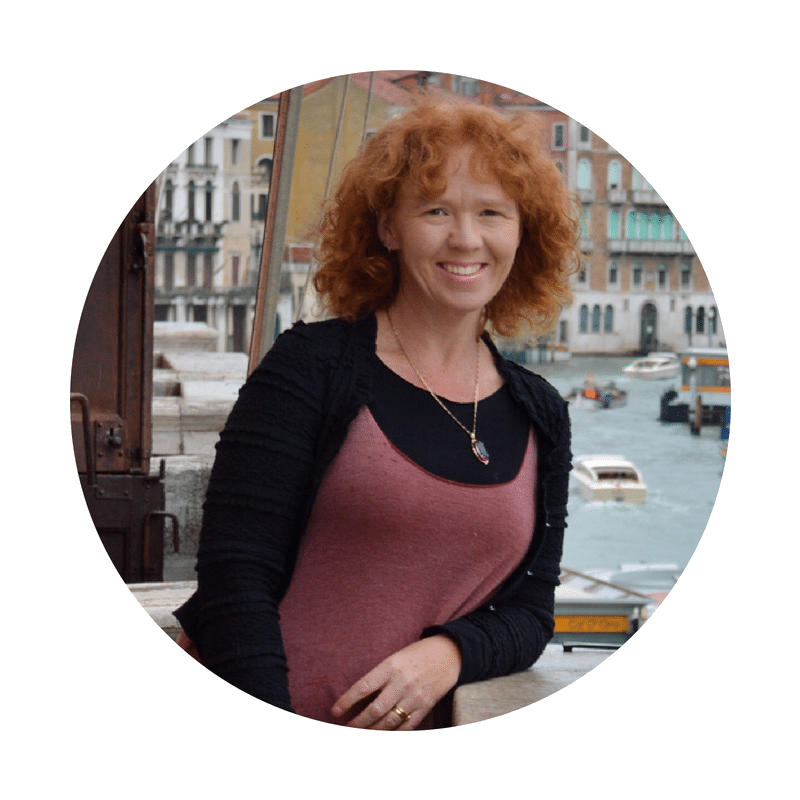
.
About Simone
Crazy hair, solitude seeker, at peace in the natural world, Simone Yemm dedicated over three decades as a professional flautist and teacher. In 2008 she completed a Master’s in Journalism, specialising in editing, and continues to hone her skills as a writer. After a series of crises led to an emotional breakdown, Simone developed a passionate interest in mental health and shares her story to educate and support the wider community. With 25 years of marriage under her belt, she successfully raised three and a half young men and a chocolate-brown Burmese cat. A mean feat never to be underestimated.
www.simonelisa.com
As a novice writer I’m not in a position to state what to do for successful writing. But just as politicians learned over millennia, and drum into us with negative campaigning, it’s easy to know what not to do. As I lurch my way through another memoir, here are a few things I’m learning not to write:
- Exclamation marks! They’re so annoying!!
- Presumed fact. Belief isn’t fact. Back it up or acknowledge it’s a personal belief. This is a fact.
- Half-truths. It’s difficult to develop empathy for a character claiming everyone is wrong and they are right. With only one side of the story, I instinctively distrust the assumption of innocence. What aren’t you telling me? Be vulnerable – tell me the whole story.
- 1+1=3 Whatever the scenario (fact or fiction), give me the numbers and I’ll finish the sum. Our lives are unique – to us. Our stories are relatable – to everyone. Grief. Love. Fear. We all experience them in one way or another. I haven’t grieved the loss of a marriage, but I have grieved the loss of a career. Show me grief in the guise of divorce, and I’ll see the sum of your despair.
- Tyipng erorrs. It’s hard to proofread you’re own work, and even with countless professional eyes on the the manuscript, typos slip through. But if there’s more then one per page, ewe need better professionals. Excesive speling, gramattical, & structurall, erors disturb the most forgiving of reeders.
For 36 years I taught eager (and disinterested) young people to play the flute. As years went by, I discovered how much more we learn from mistakes than we ever do from successes. I want to raise my standards as a writer and continue to hone my craft, and paying attention to both what works and what doesn’t is helping me do that.
I want to see the villain’s face crumble. Hear the soldier singing. I need to touch the warm flesh of young lovers, taste the salty tears, and smell the charred remains. Whatever vision you have for the story burning inside you, make it one we can all see. Remember your reader. Because then, much like baby Mary staring adoringly into Tom Selleck’s eyes, your story will find an audience.

